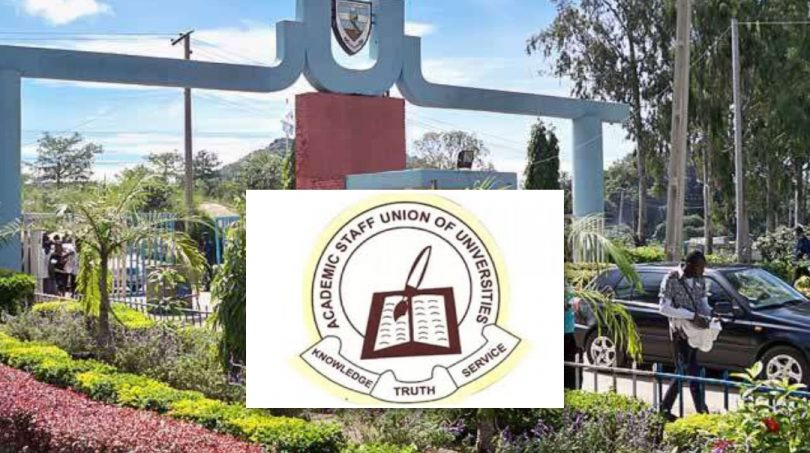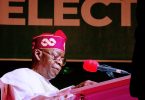Vice-chancellor of the University of Jos, Tanko Ishaya, on Monday in Jos appealed to ASUU to be compassionate with students and resume lectures.
The national body of ASUU suspended its eight-month-old strike on October 14, following a court order directing union members to resume lectures and an intervention by the House of Representatives leadership.
Part of the agreement the union reached with the leadership of the House of Representatives was that 50 per cent of members’ eight months withheld salaries would be paid.
ASUU had asked its members across universities not to return to class, having been paid half salaries for October.
The University of Jos chapter declared on Friday its members would not return to class unless the last agreement reached was adhered to.
Mr Ishaya told journalists that the lecturers needed to return to class to prevent university education from collapsing.
“ASUU should please be considerate and compassionate with students and parents and return to the classroom. I appeal that it allows academic activities to go on while further negotiations with the government on payment of withheld salaries continue,” stated the VC. “We have asked these students to resume. It will be traumatic to ask them to return home again, having spent eight months at home already.”
Mr Ishaya noted that ASUU’s struggles were for improving education and appealed to the federal government to address its demands and stop treating university lecturers like other civil servants.
He decried the remuneration and condition of service of lecturers in Nigerian universities as poor compared with their counterparts in other climes.
“I am not in support of strike, but I’m appealing to the federal government to treat university workers differently when it comes to the implementation of the no-work-no-pay policy,” explained Mr Ishaya. “The role of an academic is not only teaching but there is also research and community service, and as one advances on the job, we also play administrative roles.”
He added, “So, I am appealing to the federal government to understand that the academic environment is peculiar. It is not like normal civil service.”
(NAN)








